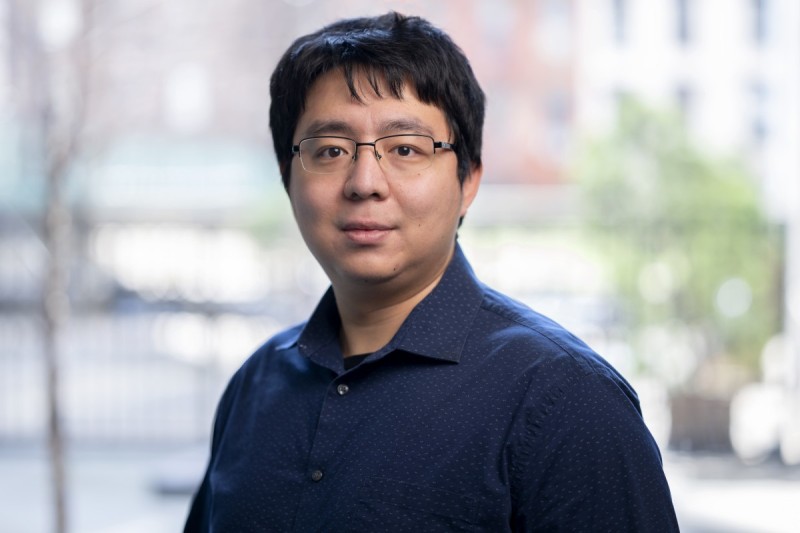
Current Research Interest
Dr. Wang’s research focuses on omics data analysis, with a particular interest in single-cell multi-omics, spatial omics, and genetic alteration data. His current methodological research projects include 1) the identification of driver events through somatic alteration data, and 2) the integration of single-cell spatial omics data. Dr. Wang also collaborates with scientific investigators at MSK to explore various biological mechanisms (e.g., anti-tumor immune responses, lineage plasticity, and senescence) across different tumor types using multi-omics approaches.
Disclosures
Members of the MSK Community often work with pharmaceutical, device, biotechnology, and life sciences companies, and other organizations outside of MSK, to find safe and effective cancer treatments, to improve patient care, and to educate the health care community. These activities outside of MSK further our mission, provide productive collaborations, and promote the practical application of scientific discoveries.
MSK requires doctors, faculty members, and leaders to report (“disclose”) the relationships and financial interests they have with external entities. As a commitment to transparency with our community, we make that information available to the public. Not all disclosed interests and relationships present conflicts of interest. MSK reviews all disclosed interests and relationships to assess whether a conflict of interest exists and whether formal COI management is needed.
Xinjun Wang discloses the following relationships and financial interests:
No disclosures meeting criteria for time period
The information published here is a complement to other publicly reported data and is for a specific annual disclosure period. There may be differences between information on this and other public sites as a result of different reporting periods and/or the various ways relationships and financial interests are categorized by organizations that publish such data.
This page and data include information for a specific MSK annual disclosure period (January 1, 2024 through disclosure submission in spring 2025). This data reflects interests that may or may not still exist. This data is updated annually.
Learn more about MSK’s COI policies here. For questions regarding MSK’s COI-related policies and procedures, email MSK’s Compliance Office at [email protected].
View all disclosures